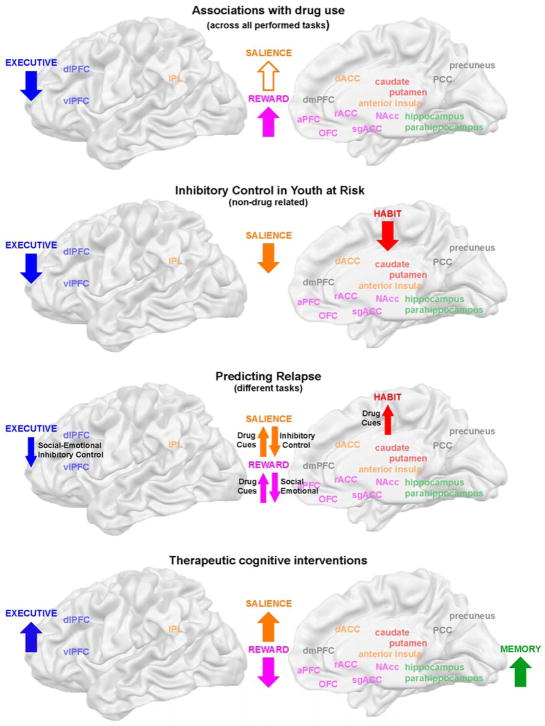Figure 5. Clinical relevance of impaired brain function.
The reviewed results suggest a crucial role of the habit network in phases of marked behavioral change, such as during the initiation of drug use and relapse. In contrast, impairments in the salience and executive networks were not only linked to the prediction of early abuse in adolescence and relapse; they also correlated with current drug use and were modulated by therapeutic interventions. The association between salience network activation and drug use was only observed in individuals with cannabis and stimulant addiction (non-filled arrow). The reward network showed a strong upregulation with frequent and long term drug use, which was also predictive of relapse and reversed during therapeutic interventions. The memory network was specifically involved during therapeutic cognitive interventions.

